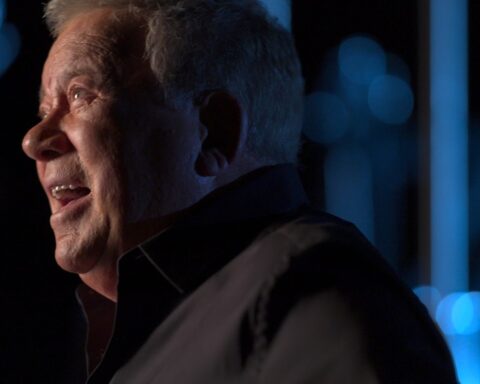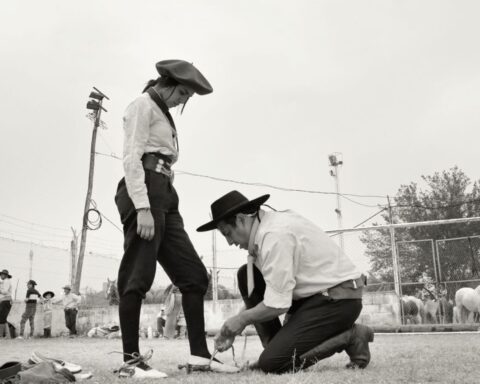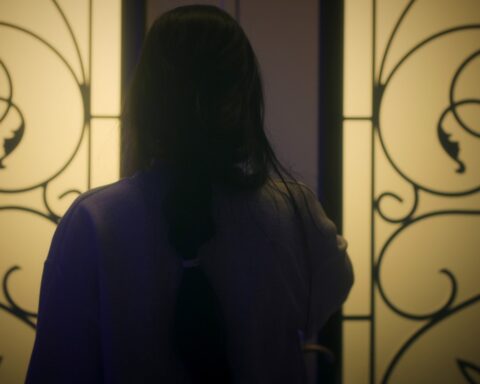Forman vs. Forman
(Czech Republic/France, 78 min.)
Dir Helena Třeštíková and Jakub Hejna
Oscar winning director Miloš Forman helped shape cinema for decades. From his internationally celebrated Czech output through Oscar winning Hollywood fare, the irascible director stamped his mark on films from historical dramas to musicals, broad farces to brilliant dramas.
Helena Třeštíková and Jakub Hejna Forman vs. Forman finds the late director narrating his own story via the use of contemporaneous interviews conducted in English, French and Czech. Employing a general chronological structure, the film uses this archive footage to weave the story from the streets of Prague to the red carpets of Cannes and the glitz of Hollywood.
Forman himself was an unlikely success story. Personal tragedy meant he struggled from an early age, and the film interweaves Forman’s hunger for overcoming these obstacles to illustrate how that shaped the projects for which he would gain fame. With access to rare footage, we see the contributions Forman and his colleagues made during the Czech “new wave” as they managed to project their voices to be heard from behind the Iron Curtain.
The documentary is far from hagiography as it traces many of Forman’s missteps along the way, in terms of both his career and his personal life. There’s also an illustration about how good luck shaped him as much as bad. Some of his greatest successes, including Oscar winners One Flew Over the Cuckoo’s Nest and Amadeus, came from serendipitous encounters that shows the director found providence between the bouts of misfortune. Clips and reactions are presented from his extensive filmography, including celebrated Czech works like Black Peter, Loves of a Blonde and The Firemen’s Ball, American hits like Hair (a personal favourite), The People vs. Larry Flynt, misfires like Goya’s Ghosts and Valmont, and forgotten award winners like his English debut and Cannes prize winner Taking Off.
Forman vs. Forman highlights the diversity of the director’s talent, while the charm and ease he displays during his many interviews let him come across as genuine and reflective. The film serves as an excellent primer for the director, situating his films within their historical context and demonstrating the scope of what he accomplished. There’s little in the way of serious or deep criticism of the misfires, save for simple self-critical comments made by the director himself. Similarly, some of his major projects are glanced over while more time is spent on things like the raising of his children, interesting in terms of the man, but less so for those wanting deeper insights into his art.
Forman vs. Forman is far less revolutionary than the filmmaker it documents, but it does an admirable job following the intention to spotlight the highs and lows of the iconoclastic director’s life and career. The film is an excellent companion piece to a retrospective of the man’s work, especially in regards to the more obscure titles, making this a perfect primer to dive deeper into his filmography. The documentarians have been treated to erudite and insightful comments that Forman gave to his interviewers, and thanks to deft editing and an effective structure, the film never feels repetitive or overwhelming.
Třeštíková and Hejna’s Forman vs. Forman does well to let the director’s own words speak to the scope of his career. Just as Forman’s live on long after his passing the documentary does well to allow his voice to echo to future generations, providing context to his work and showing the man who despite massive challenges and setbacks managed throughout his career to shine a bit of light into even his darkest works.
Forman vs. Forman premiered at the Cannes Film Festival.











